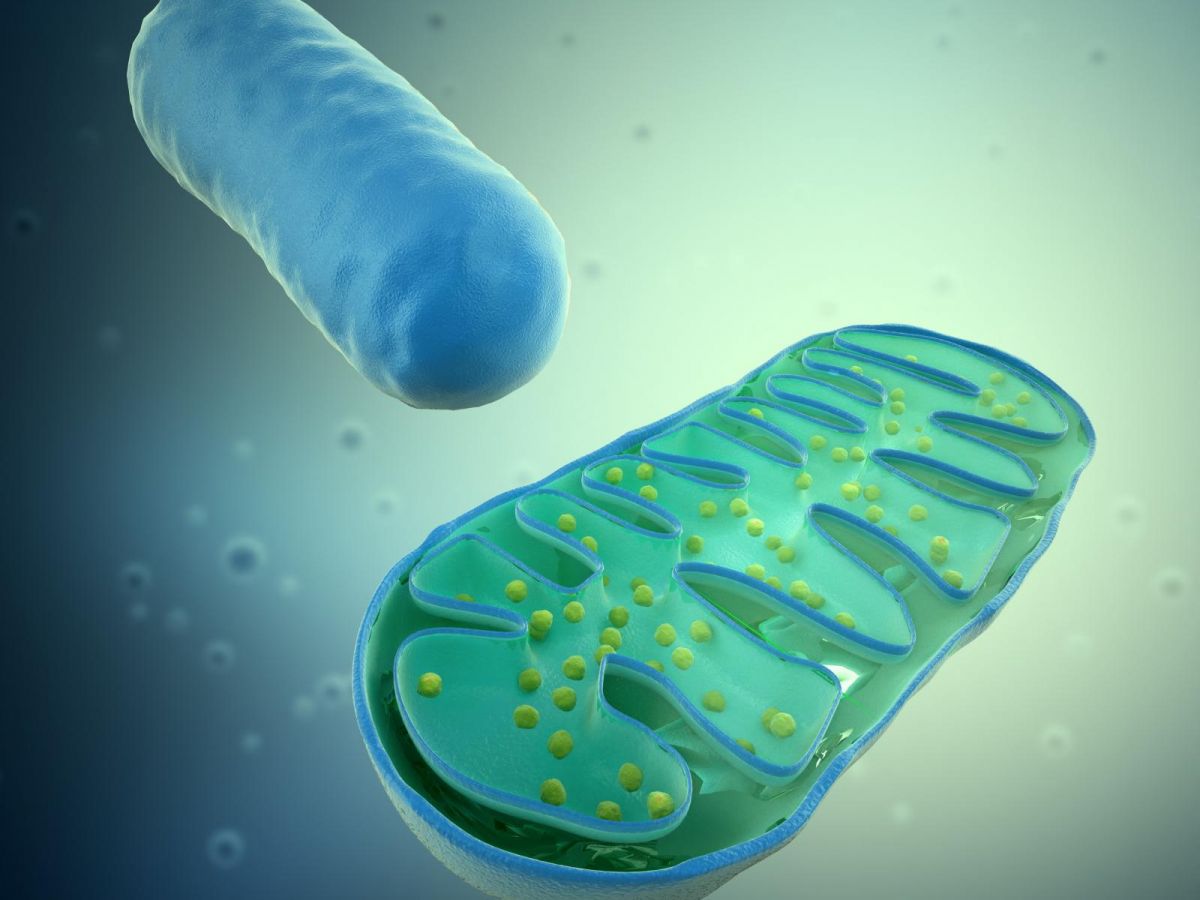We all know that disease Alzheimer's is age-related, as it most often appears after the age of 65. It is therefore likely that the aging of the body is a determining factor in the onset of this pathology. However, the link between biological age and this disease is difficult to detect, since there is not yet a single consensual method for estimating the age of the body. Researchers from the American universities of Cornell and Duke, in collaboration with the Helmholtz Center in Munich, have discovered a simpler way than biological age to estimate the risk of developing Alzheimer's disease, the bioenergetic age. According to their study, published on February 24, 2025 in Nature Communications, the ability of our cells to produce energy is a more reliable and easier to measure indicator, which could facilitate the early detection of those most at risk.
Indirectly measure the body's energy capacity
The authors became interested in this biological age by noting that one of the first manifestations of Alzheimer's disease is a metabolic deficiency in brain cells. Indeed, these cells gradually lose their ability to use glucose to produce energy, and this is observable years before the first symptoms of the disease. And metabolic pathologies, such as type 2 diabetes, increase the risk of developing this type of dementia. The researchers therefore deduced that the metabolic capacity of an individual's brain cells could determine their resilience to this disease.
To measure this capacity to produce cellular energy, the authors used carnitine, a transporter that allows fatty acids to enter the mitochondria, thus fueling these cell energy factories. This molecule is easy to measure in the blood, and its quantity depends on the individual's metabolic state. Thus, it is known that a decrease in carnitine can be indicative of a decrease in the mitochondria's energy capacity.
Carnitine could be a good marker for detecting the onset of disease
To determine whether there is a link between this energy capacity and the progression of Alzheimer's disease, the researchers compared the blood levels of carnitine in 1,531 patients with the disease and the state of their brains (analyzed by brain imaging). As expected, the less affected patients had higher levels of carnitine (regardless of their chronological age), which shows a direct relationship between the amount of this molecule and the progression of the disease in the brain.
This approach was then tested in a cohort of healthy individuals without Alzheimer's disease. In these individuals, carnitine levels were closely related to their chronological age. This marker would therefore make it possible to estimate whether someone's bioenergetic age matches their chronological age. If there is a discrepancy, this could indicate a deficiency and possibly the onset of the disease. Thus, the simple level of carnitine in the blood would make it possible to estimate the patient's neurological status, which would facilitate early detection of patients and monitoring of their disease.
Better still, carnitine levels could predict disease progression, as the study shows that the health of patients with a lower bioenergetic age declined more slowly than those with a higher bioenergetic age, regardless of their actual age.
Bioenergetic age could be an indicator of cellular resilience
To explain their results, the authors propose this hypothesis: the energy capacity of our cells gradually declines due to aging. But this decline accelerates if there is an onset of Alzheimer's disease, because this disease affects the use of glucose to produce energy in the brain. Since these cells lose this energy source, they must rely more on fatty acids, whose transport to the mitochondria depends on carnitine. Therefore, the higher the carnitine level, the more resilient the person will be, because the cells will be able to compensate for the loss of energy production from glucose by burning more fatty acids. On the other hand, if the carnitine level is low, the cells will not be able to compensate, and the symptoms of the disease will progress more quickly.
Carnitine would thus be an easy-to-measure marker of bioenergetic resilience, and therefore a good way to detect people most at risk of developing Alzheimer's disease.
